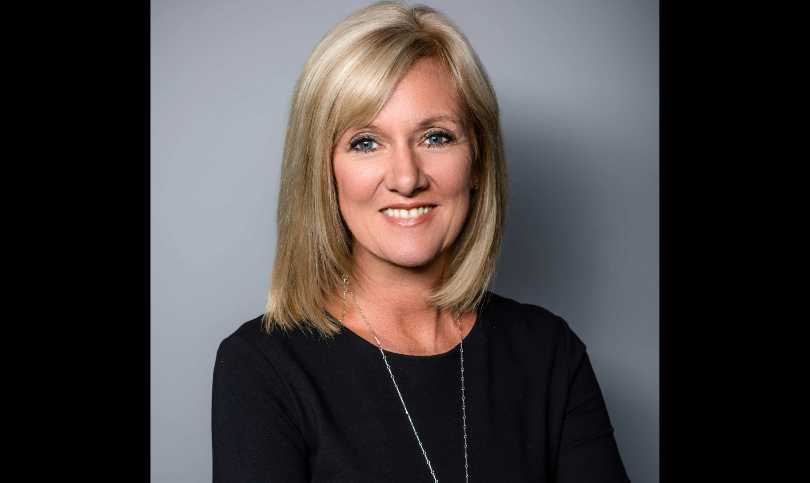This year’s survey from the Marketing Institute of Ireland and Alternatives reveals the professional and personal impact of the Covid pandemic, with more than half of businesses in the marketing, digital and commercial community feeling the pinch.
In terms of sales, the worst effects were on the broad travel and tourism sector (90-94% negative), as well as motor, food, drinks, manufacturing and construction, while some got a boost, including 20% of firms in agri, tech, e-commerce, retail and logistics.
Worries about Brexit have declined and trading is expected to improve over the next year. However, one in four of the 850 survey respondents expect trading to deteriorate further, in particular motor, construction, financial services, and retail.
With regard to employment, hotel and tourism, media and publishing and agencies were the sectors the hardest hit. Those at senior level were least affected by permanent redundancy and those at entry level the most.
Salaries were hit by Covid during 2020, but are stabilising. During last year, 10% had their salary decreased, 42% had no change, while 44% enjoyed a salary increase, though most pay hikes were in place before Covid arrived in March 2020.
97% of respondents are working remotely at the moment. Company attitudes on remote working have shifted, with the survey reporting that two-thirds of large companies will operate a hybrid/office remote working policy when restrictions are lifted.
One in seven respondents in Irish owned companies want their staff back full-time in the office as against one in thirteen for multinationals.
Sandra Lawler (pictured), director at Alternatives, commented: “The picture that emerges now is one of a marketing industry that is resilient with a pragmatic but cautiously optimistic view of how 2021 and beyond will unfold.
“Trading conditions are expected to pick up, a majority of respondents are secure or very secure in their positions, and the hiring outlook is encouraging. The surge in popularity of remote working, with more than half of companies talking about a blended hybrid workforce, is a game-changer. Companies who offer flexibility will be those who attract and retain the best talent.”
The full report will be published here.








